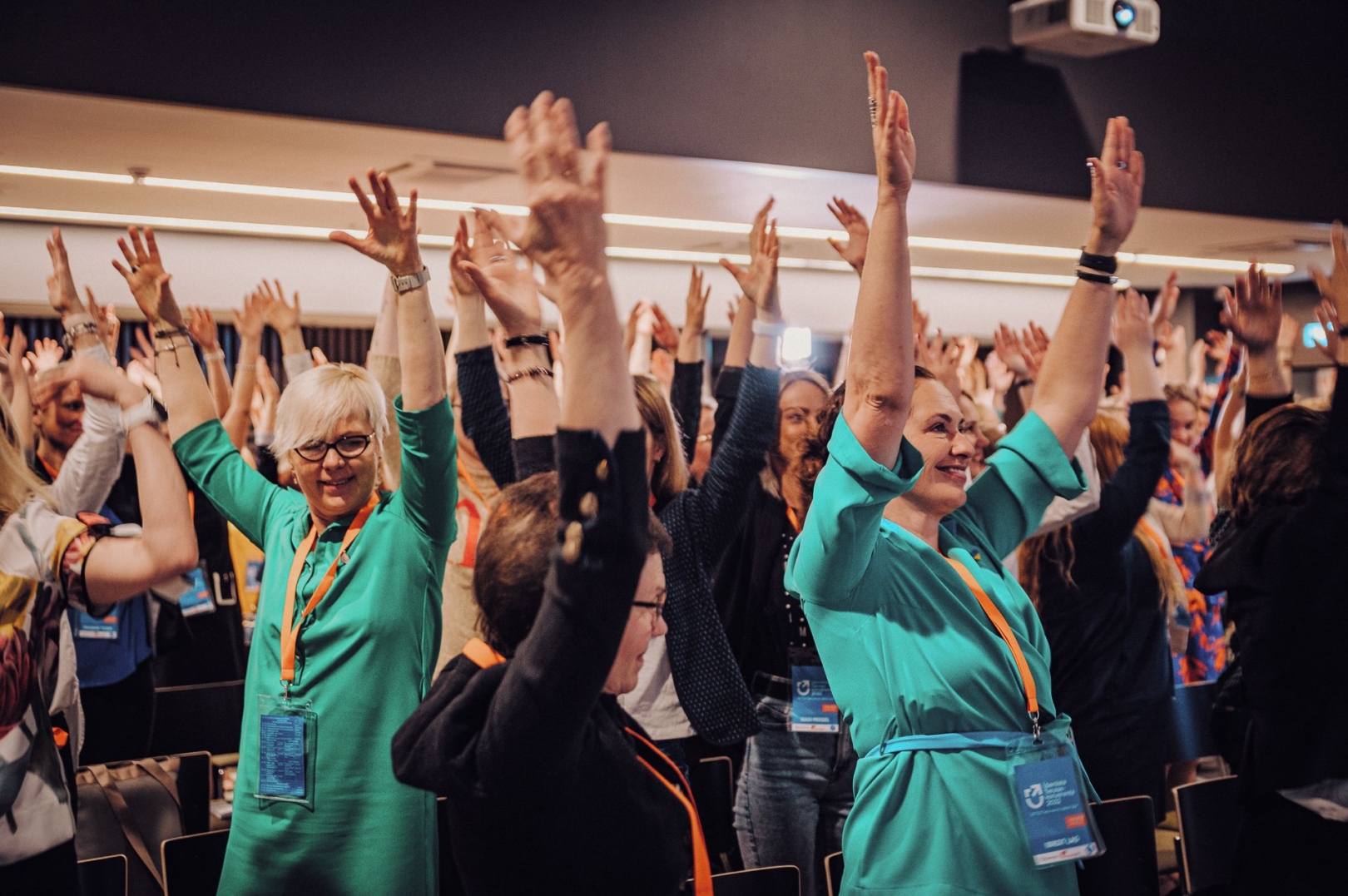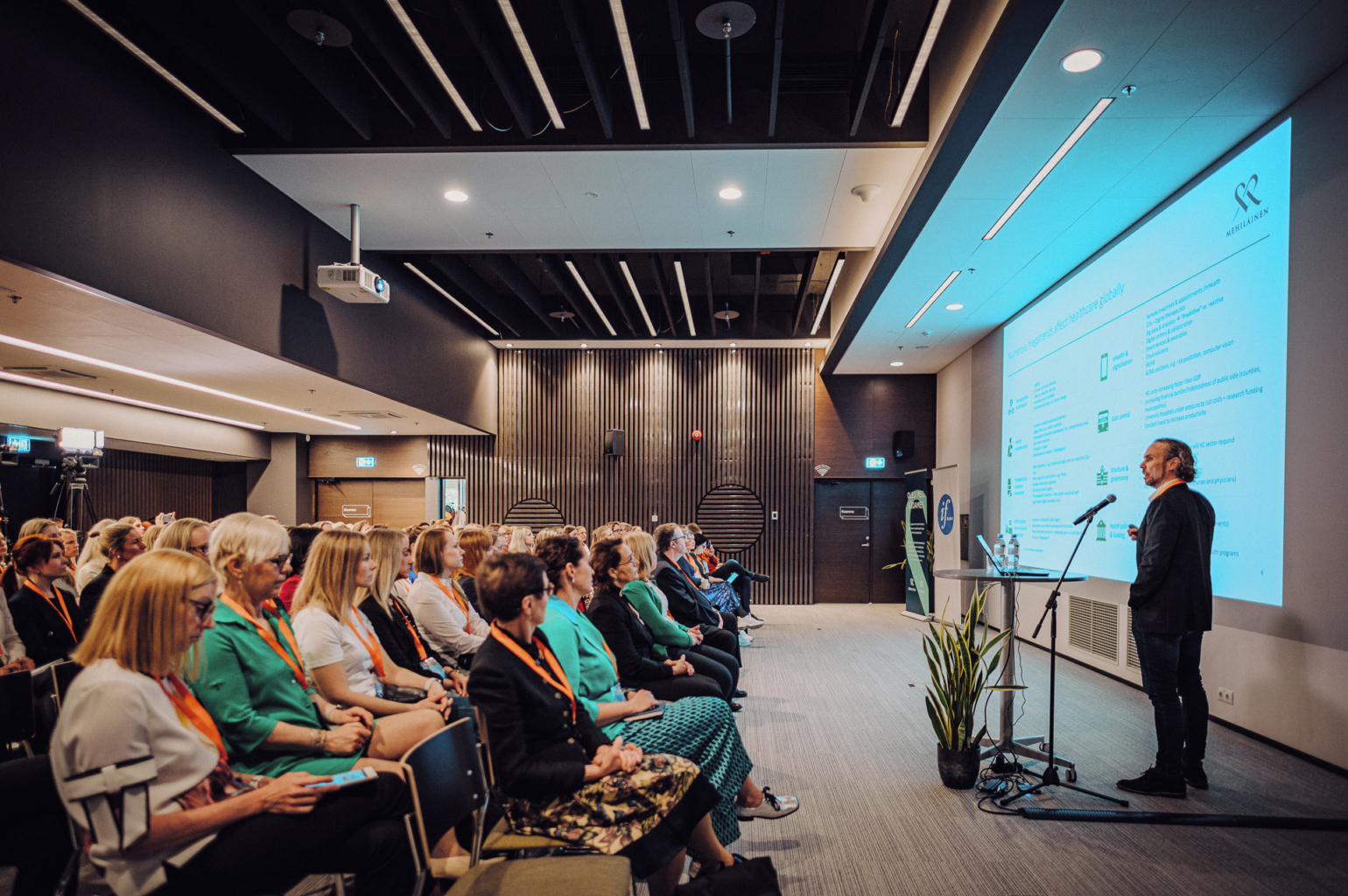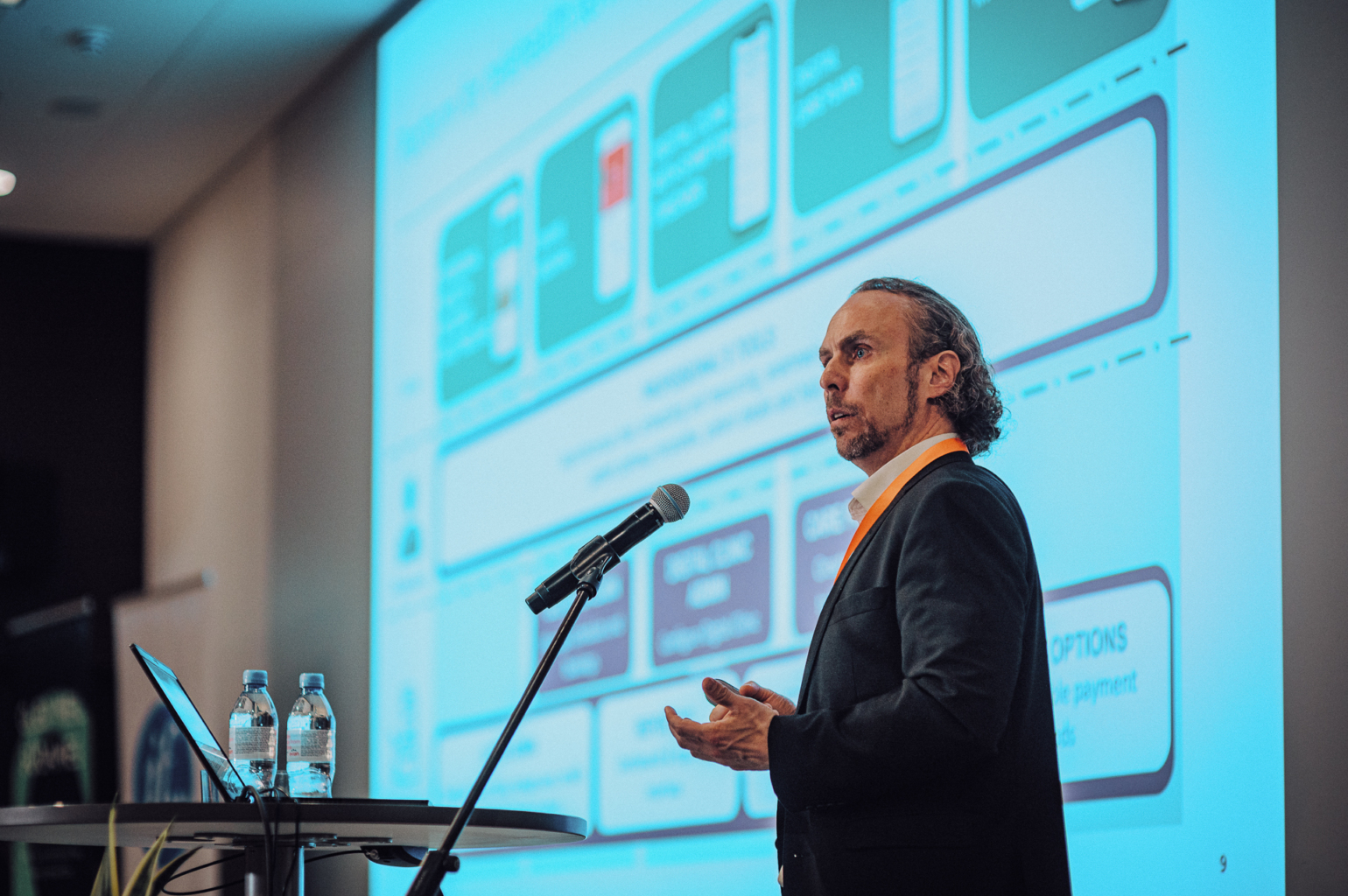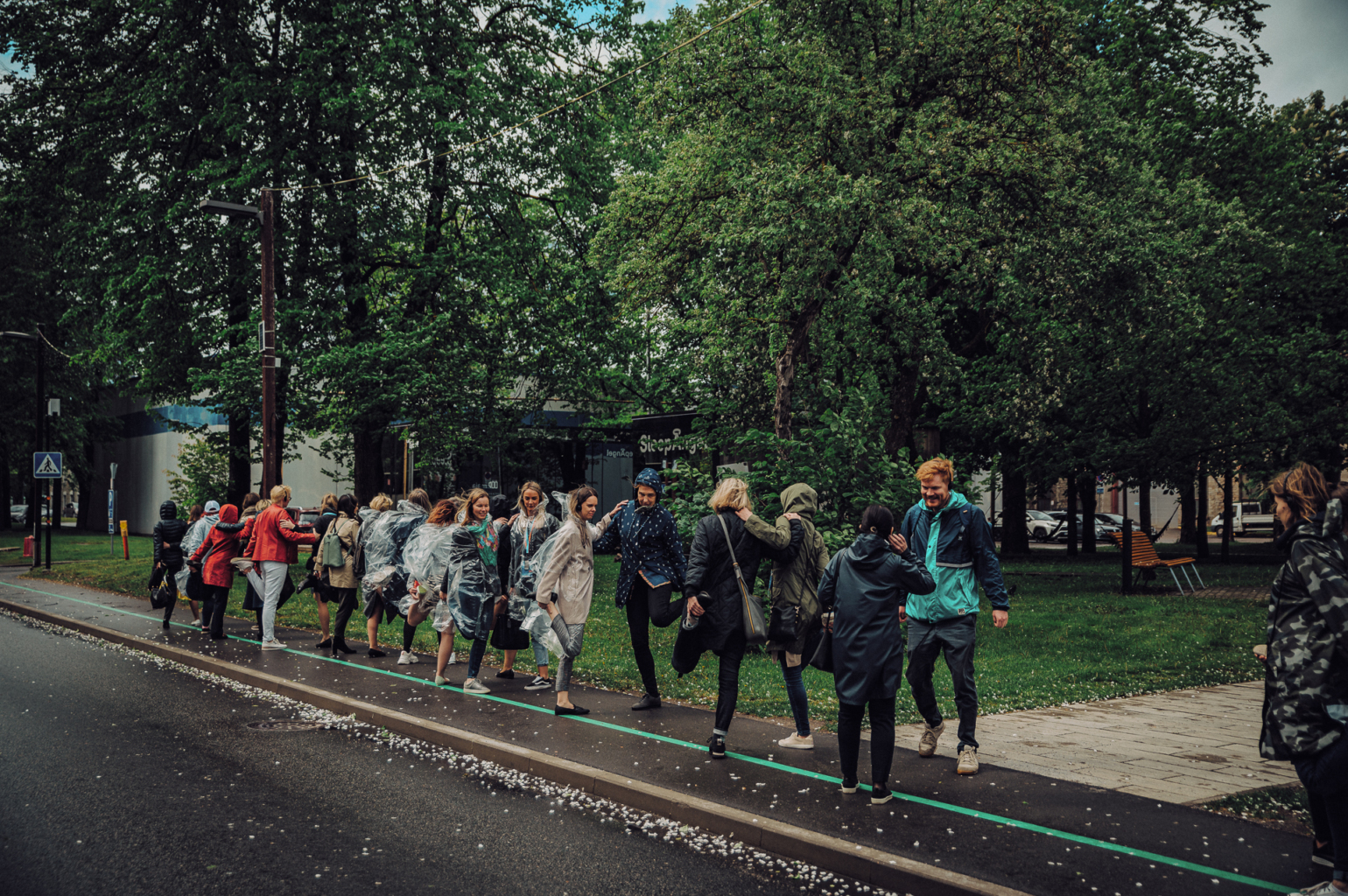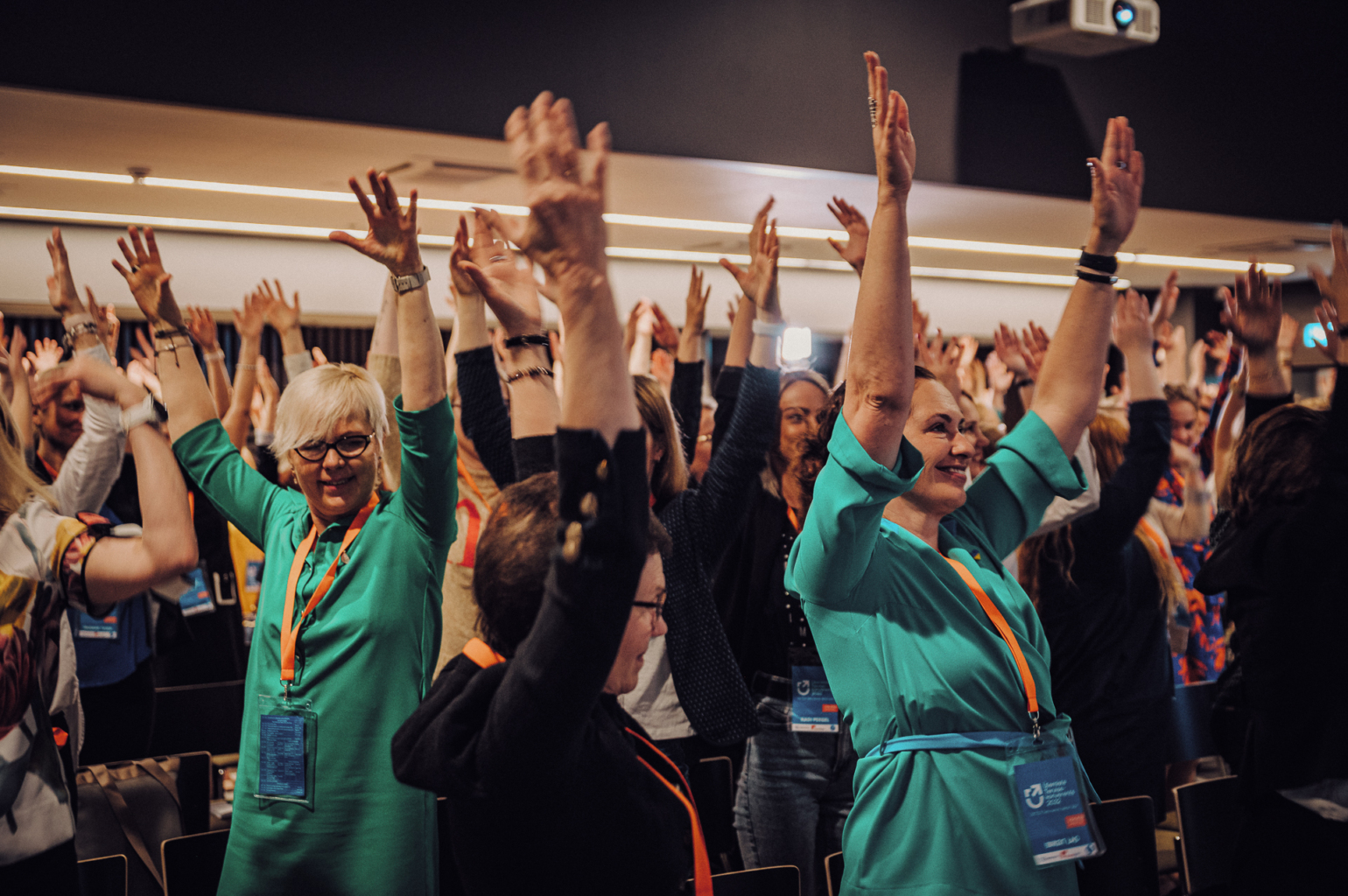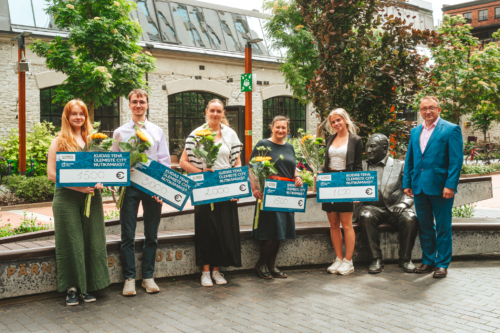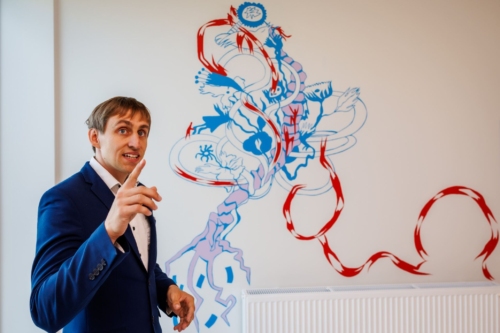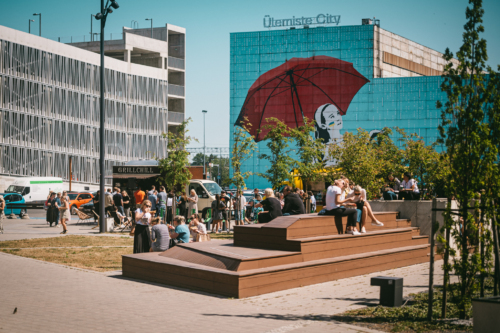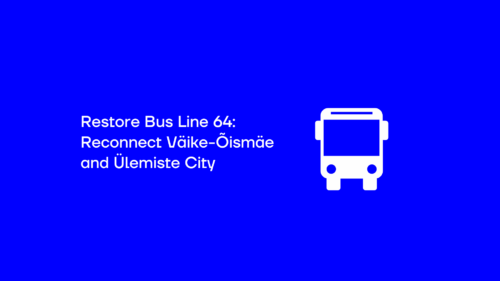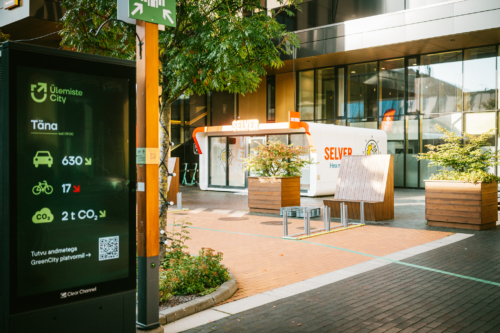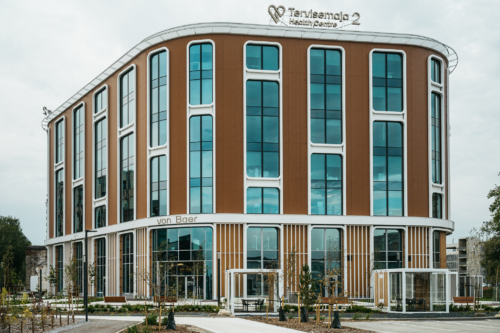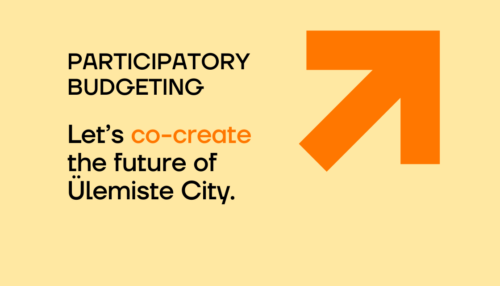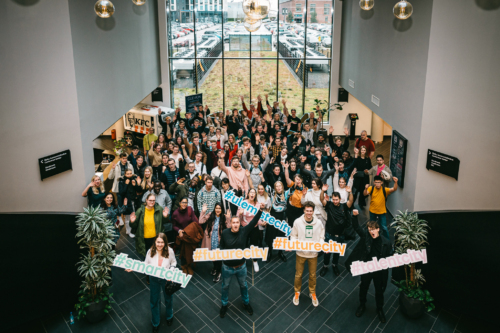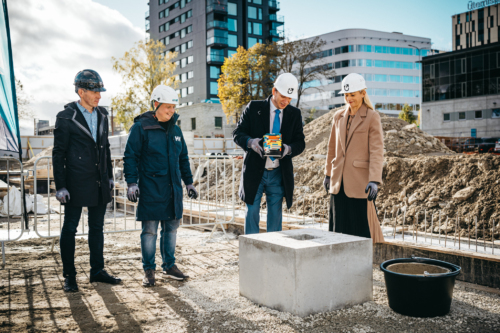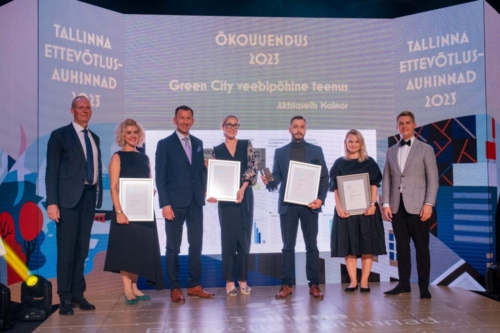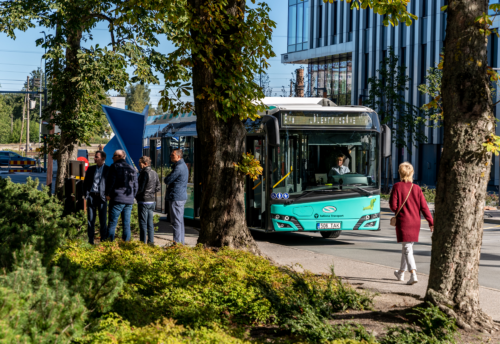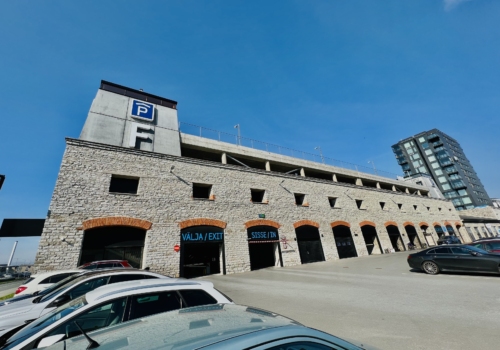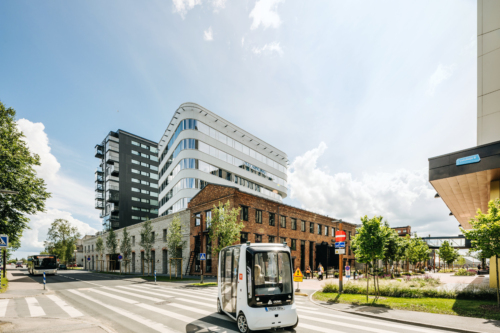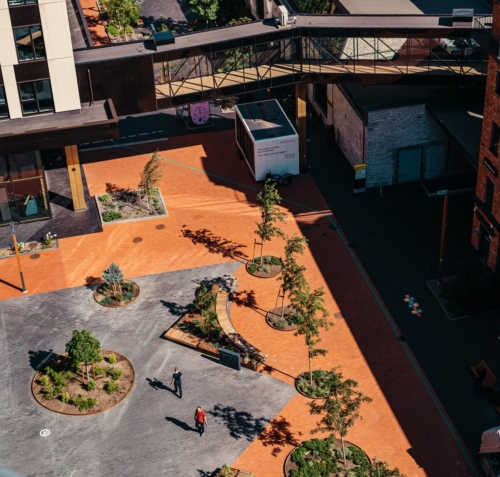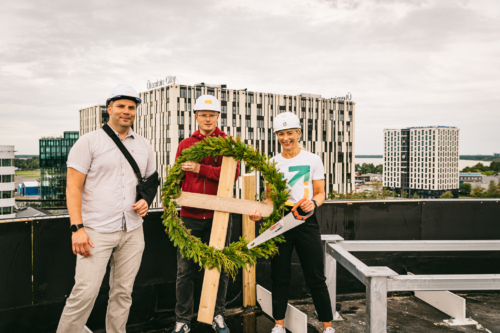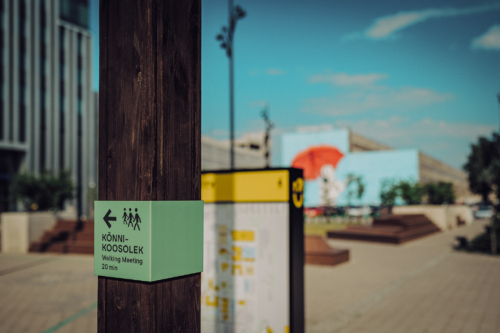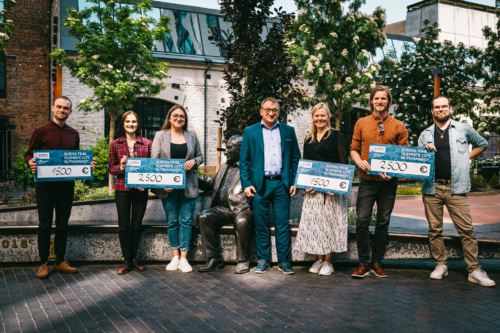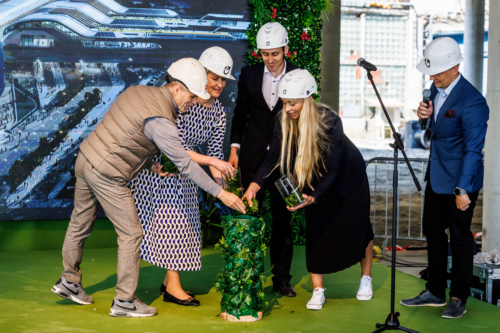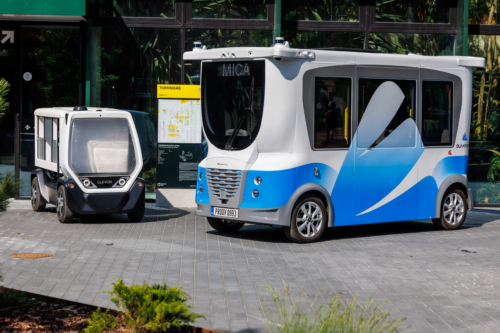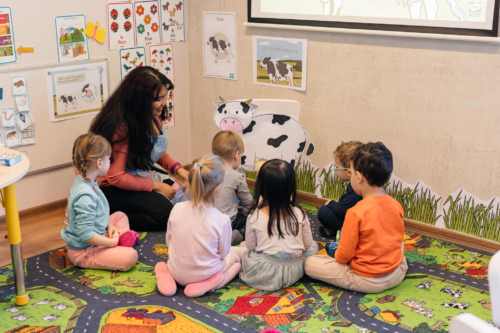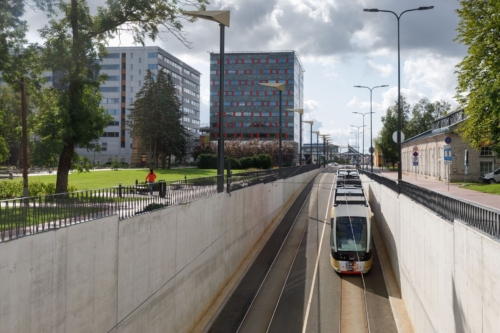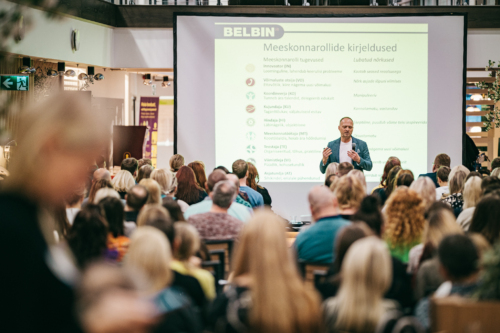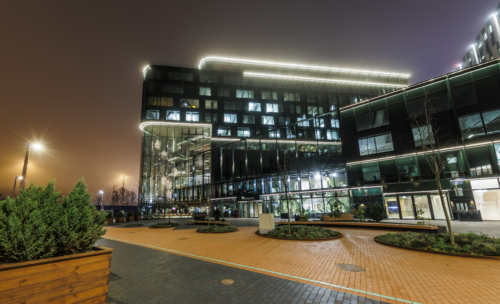Experts recommend 10 ways to take the health of your employees to the next level
More and more companies realise that contributing to the health of their team also contributes to the success of the business. However, there are many challenges in the field of employee health. These topics were discussed by more than 20 top specialists in the field at the Ülemiste City Health Conference, where the focus was on three main branches of health – person’s mental, physical and social health.
Digital medicine helps to find the right specialists in minutes
According to Andreas Taalas, the head of the business unit of Mehiläinen OY, a Finnish-born digital healthcare provider that is growing rapidly in the world, people consider it more important to have quick access to professional treatment options now more than ever. “Although essentially we carry a digital clinic with all possibilities with us on a daily basis, there is still plenty of room for the development of digital and remote medicine on the Estonian market,” Taalas said. “This changes our daily health behaviour in many ways, and the most important of these is that employees do not have to wait months in line for a doctor, but they can reach the right specialist within minutes.”
Meaningful work provides a solid foundation for mental well-being
Arne Holte, a professor of psychology at the University of Oslo, who has published more than 200 scientific papers, believes that the success of the company is directly related to the mental health of the company’s employees. “A health advocating organisation provides employees with seven mental health rights: a sense of identity, a sense of meaning in life, accomplishment in skills, a sense of belonging, and a sense of security, participation, and community,” Holte said. “Good mental health in the workplace is not based on the workplace making us happy, but on making our work meaningful,” Holte said.
Moderate stress contributes to better performance
According to Merike Sisask, a professor of Social Health at Tallinn University, little and moderate stress is necessary for people to develop the will to act and the desire to make an effort. “Stress becomes negative when people lack the ability and willingness to turn off the stress response. After that exhaustion and fatigue can follow, and more serious mental health problems and work burnout can occur as a result.” When that happens, Sisask suggested to take a step back and try to be present while using all of your senses. “Look, listen, smell and touch,” Sisask recommended.
The employer plays an important role in being supportive when the pace of work is fast
High work demands, too little work resources and low self-regulation capacity can lead employees to burning out. “If an employee is feeling stress, for example, because of short deadlines and they are unable to complete all necessary work tasks during the day, they should be helped by explaining how to set priorities and analyse the relevance of deadlines. If necessary and possible, more people should be hired to reduce the workload on the employees,” recommended Pia Pedanik, a work and organisational psychologist, as a practical measure to combat employee burnout. “If work causes tension and stress, the employer could provide the employee access to a mental health specialist at the expense of the employer,” Pedanik said.
Walking meetings provide an opportunity to be active while working
Uwa Odefa, the human resources manager at the Estonian airline Xfly, said that staying physically active is beneficial for mental health, productivity and stress management. “The most important thing is to make exercise and an active lifestyle a part of the organisational culture. In this way, we can create rituals that convey the values of physical movement,” Odefa said. One of the possible solutions is a walking meeting trail located in Ülemiste City created in cooperation with the Mobility Lab of University of Tartu, which promotes an active lifestyle and gives people more reasons to leave indoors to enjoy the fresh air.
Cool and dry air ensure a productive working environment
A large part of an employee’s physical health is also determined by the working environment. Jarek Kurnitski, a professor of energy performance of buildings and indoor climate at Tallinn University of Technology, said that different sounds, colours, smells, textures, lights and even ventilation play an important role in how productive employees can be during the day. “In conventional buildings, there is no need for air humidification. The cooler and drier the air, the fresher the employees will feel,” Kurnitski gave a practical example.
40% of people should sleep more
Speaking of health, we have to mention a healthy diet and good sleep. Sleeping enough hours at night ensures physical strength and the ability to cope during the day. Sleep doctor Tuuliki Hion said that nearly 100,000 deaths a year worldwide are caused by insufficient sleep time, and nearly 40% of people sleep less than they should. “We should put away our smart devices at least an hour before going to sleep and the time we spend in bed should be regular,” Hion added.
Healthy eating does not mean strict restrictions
Nutritionist Kristin Oja said that the energy and nutrients that a person gets from food should meet the needs of the body, not strict general rules. “Only an approach that a person is able to follow for a lifetime, while feeling energetic and happy, gives a lasting healthy result,” Oja advised.
Casual short conversations during lunch breaks create a feeling of togetherness and make teams stronger
According to Triin Vihalemm, a professor at the University of Tartu, social health is less acknowledged, but it is still important. A survey conducted by the University of Tartu last year found that people working in Ülemiste City, for example, have 62% of friends or acquaintances on campus who have formed outside of work, and 50% believe that they have “their people” on campus. “On the other hand, social health in the workplace is not only about parties and resource-intensive activities, but also about valuing casual daily relationships. For example, a work culture that is friendly and creates contact between employees or coffee and lunch breaks with casual short conversations,” Vihalemm said.
Common challenges make people move
Getter Toome, the talent partner at Nortal, pointed out that in Nortal, as an international company, the attention to the social health of employees is divided into different levels. “Every employee’s successful journey begins from the first day when their introductory period begins,” Toome said. One solution Toome pointed out was the YuMuuv application.”An organisation can be globally motivated to move through the various mobility challenges that technology offers,” Toome said.
When health is cared for then the result is a constant work momentum and a dedicated team
Kadi Pärnits, the Chairperson of the Board at Mainor AS, the company that manages Ülemiste City, advises employers to think outside the box, as there are several innovative ways to maintain and support the health of employees nowadays. A good lead for us to follow are the Nordic countries, where they make daily efforts to maintain the health of their employees – be it the development of digital medicine or an approach focused on the individual.”Preventing problems with the activities we do today helps to avoid major burden on hospitals and health care, and instead of dealing with the consequences, the focus can be on improving the health of employees,” Pärnits said, adding that it is the managers who play a major role in introducing this kind of mentality into the culture of the organisation. “Once the health of the employees is cared for, the work will progress more smoothly, and from the team’s point of view, everyone can fulfil their full potential – the work momentum and commitment will improve with the support of the team,” Pärnits added.
In Ülemiste City, the health sector is being developed in many different aspects to support the growth rate of the campus and to follow the developments in health technology. Be it by creating various training possibilities or organising sports competitions, sharing knowledge, organising workshops and coaching, developing health services, providing health insurance from the employer in cooperation with IF and Qvalitas, and cooperating with science. Today, Ülemiste City has a Health Centre with 250 specialists and in a couple of years there will be more than 650 health specialists there who will be taking care of the health of the community.
Ülemiste City, the largest business campus in the Baltics, is being developed by Mainor AS, Mainor Ülemiste AS and Technopolis Ülemiste AS. On the 36 hectares of the campus, there are 150,000 square meters of rentable office space, which is home to nearly 500 companies and there are more than 14,000 people working, studying and living on the campus.
